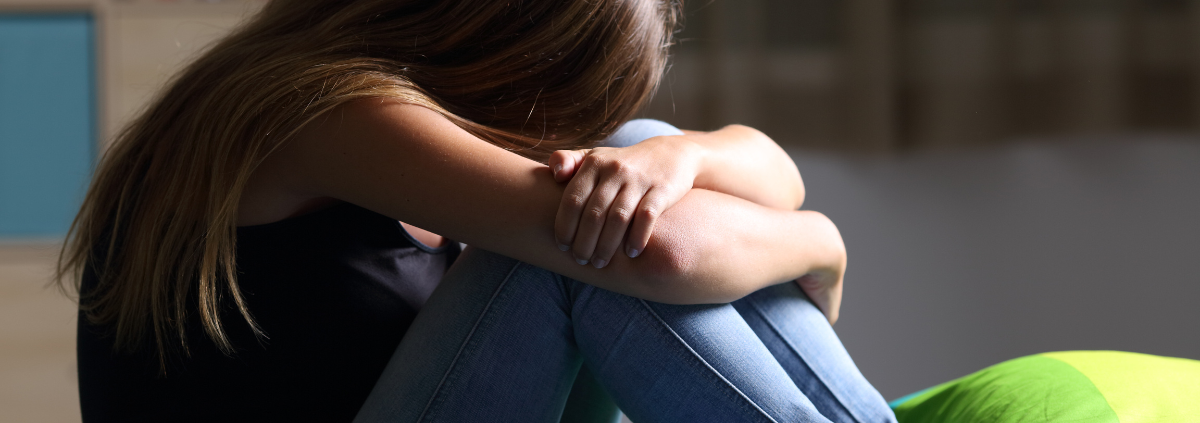After a School Shooting – How to Talk To Your Kids
Mental health in children is an indicator of their ability to thrive in adulthood. Parents and caregivers have learned so much about supporting children and their emotional and psychological well-being in general. Still, when something tragic occurs, it’s important to support caregivers as they help children cope with the possible mental health repercussions.
Helping our kids navigate their feelings and questions after an occurrence of a school shooting is a complex issue that concerns a lot of parents. Though mass shootings are statistically rare, and are not a new phenomenon, our youth today are facing an immense amount of exposure thanks to the 24-hour news cycle, social media access, and active shooter drills at schools.
This results in anxiety and fears that did not exist on the same level in previous generations. Parents looking for support when it comes to discussing school shootings with their families can find information and resources to take the next steps in this blog post.
Check your Own Anxiety and Reaction First
Our kids often look to us to set the tone. If we are emotionally dysregulated, have a higher level of stress, and are quicker to react harshly, they notice. It affects their experience of safety and stability when we are not ourselves. It’s absolutely natural and even expected for us to be more reactive or have higher anxiety levels when traumatic events are happening around us, but it’s also important to recognize how our behaviors may be affecting our kids. Here are some things parents and caregivers can do:
- We can work to make sure schedules, routines, and structures are as predictable as possible.
- We can seek support from others to work through our struggles: family, friends, clergy, community members, and/or mental health professionals.
- We can pick a time when we are calm to start talking about their feelings and experiences, which will help them feel comfortable and secure.
Start by Listening
It’s important that children’s feelings are validated, but we also want to make sure we’re approaching them in developmentally appropriate ways. Additionally, we do not want to overwhelm them with excess information triggering more anxiety. Here are a few ideas to help you get started with appropriate ways to discuss heavy topics like school shootings:
- We can start with open-but-specific questions. Instead of, How are you feeling? We can ask, Have your friends or teachers been talking about what has occurred? Do you have questions about what you have seen or heard?
- Listening to your children will help you to know which follow-up questions to ask, and empower your children to lead the direction of the discussion to help you understand what support they may need at the moment.
Give Children Information about What They Can Control
Experiencing structure and safety is vital during times of tragedy or uncertainty. Remind children that you and the other adults in their lives are here to protect them, and approach drills like any other safety practice. We have fire drills, tornado drills, and hurricane evacuation plans NOT because it is likely we will need them, but because we want to be the most prepared in the very rare instance they may happen. Remind them that active shooter drills are there to help us know exactly what to do in order to be safe and prepared even though it’s incredibly unlikely they will need it.
Children- and many other people for that matter- also take comfort when there is something positive and actionable that they can do to move forward. Fundraising, sending cards and letters, and participating in other acts of kindness can be really helpful during the coping process, and also encourages empathy in children which is beneficial for their overall mental health.
Get Professional Support
If your child appears to have increased anxiety about violent tragedies in our country, and you’re looking for more extensive resources, you may want to talk to a professional to help with coping support. Speaking with a mental health professional can help them regain a sense of safety and preparedness as well as identify additional triggers to their anxieties. Reach out today if your family is looking for more support from our team of licensed professionals.

